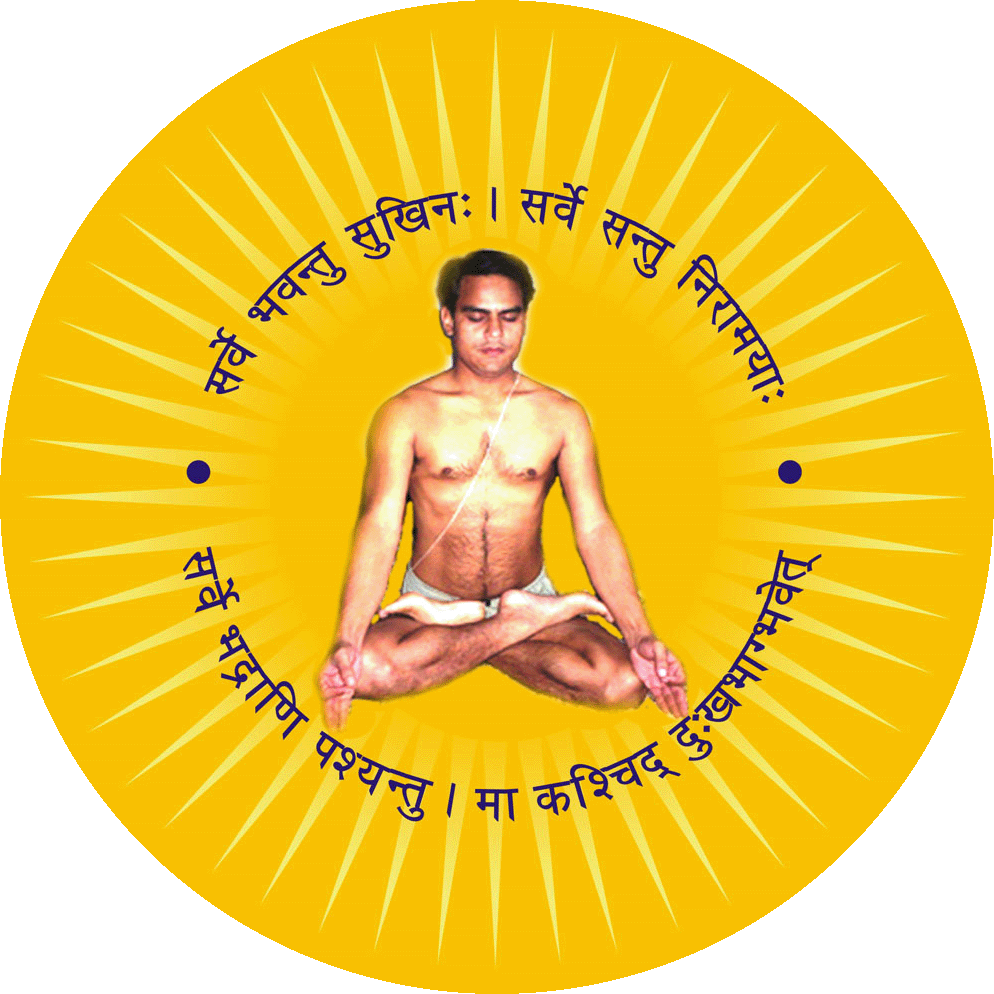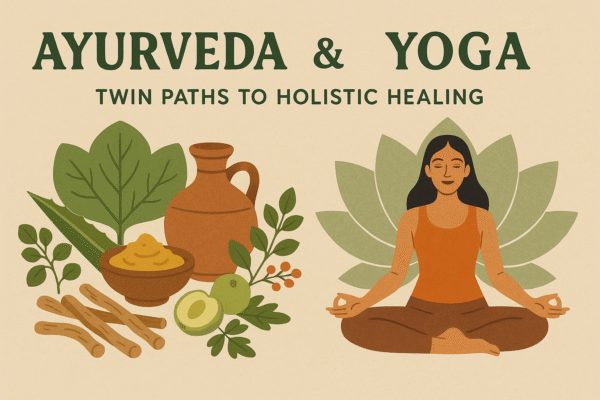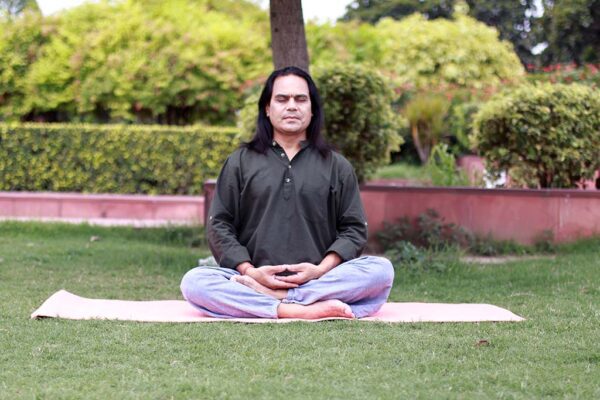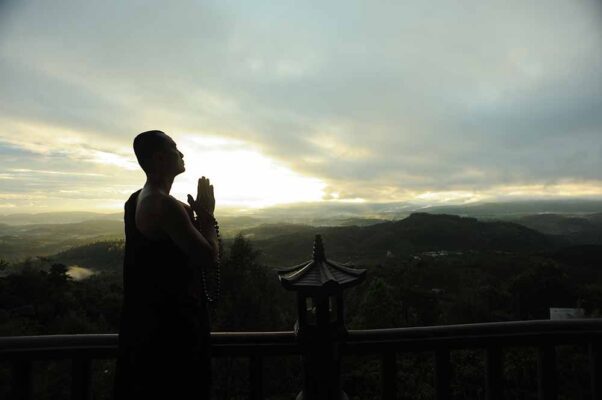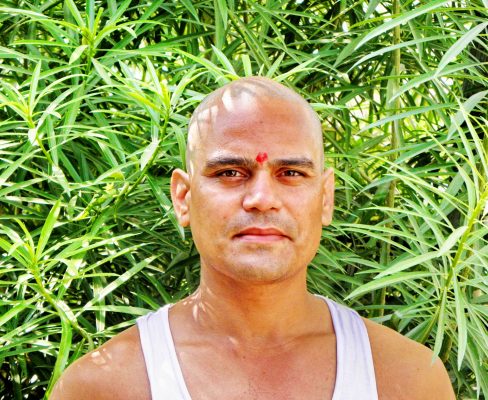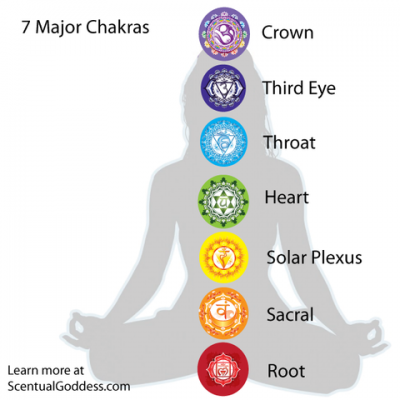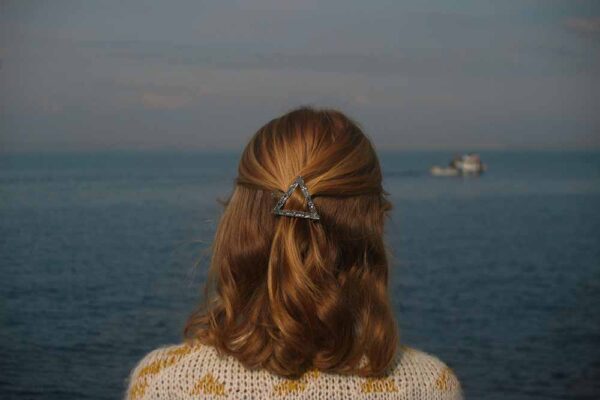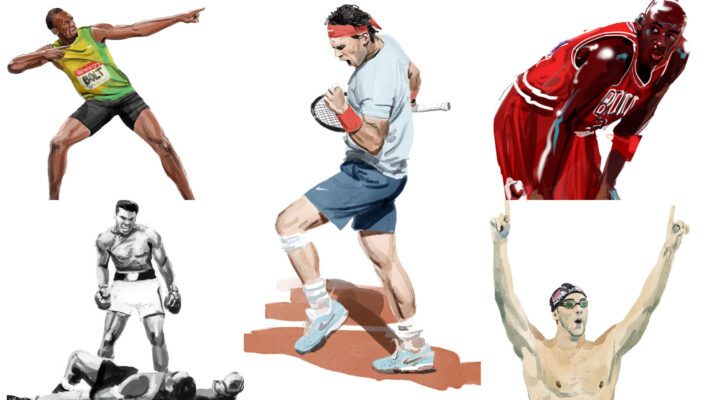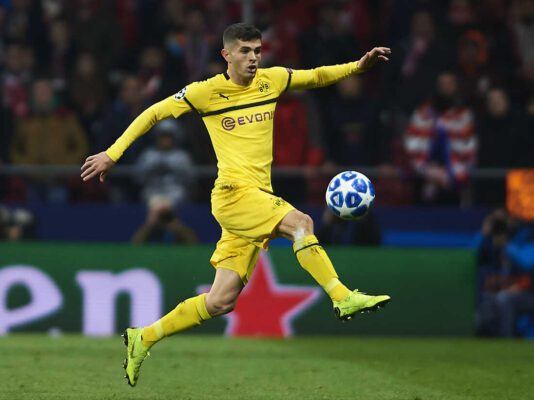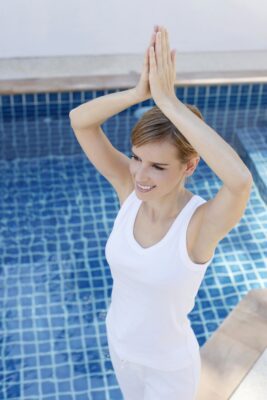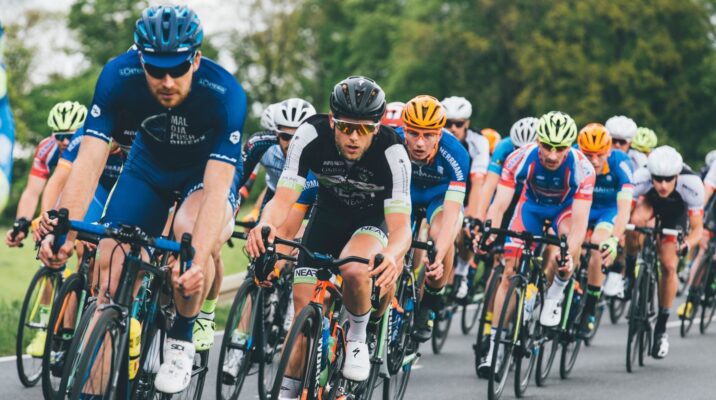Pranopasana प्राणोपासना is one of Vedic Upasana (path of realization) Systems. All of Vedic Seers were advanced Yogis/Yoginis. They would select the best, they found the the Prana is the best as it is said in Kshandogya Upanishad as mentioned below:
ॐ | यो ह वै ज्येष्ठं च श्रेष्ठं च वेद, ज्येष्ठं च श्रेष्ठं च भवति, प्राणो वाव ज्येष्ठश्च श्रेष्ठश्च ||
He/she who knows the oldest and the best becomes himself/herself the oldest and the best. Prana (Life Energy) indeed is the oldest and the best.
Chhandogya Upanishad says further:
“He who knows the richest, becomes himself the richest. Speech indeed is the richest.
He who knows the firm rest, becomes himself firm in this world and in the next. The eye indeed is the firm rest.
He who knows success, his wishes succeed, both his divine and human wishes. The ear indeed is success.
He who knows the home, becomes a home of his people. The mind indeed is the home.
The five senses quarrelled together, who was the best, saying, I am better, I am better.
They went to their father Pragâpati and said: ‘Sir, who is the best of us?’ He replied: ‘He by whose departure the body seems worse than worst, he is the best of you.’
The tongue (speech) departed, and having been absent for a year, it came round and said: ‘How have you been able to live without me?’ They replied: ‘Like mute people, not speaking, but breathing with the breath, seeing with the eye, hearing with the ear, thinking with the mind. Thus we lived.’ Then speech went back.
The eye (sight) departed, and having been absent for a year, it came round and said: ‘How have you been able to live without me?’ They replied: ‘Like blind people, not seeing, but breathing with the breath, speaking with the tongue, hearing with the ear, thinking with the mind. Thus we lived.’ Then the eye went back.
The ear (hearing) departed, and having been absent for a year, it came round and said: ‘How have you been able to live without me?’ They replied: ‘Like deaf people, not hearing, but breathing with the breath, speaking with the tongue, thinking with the mind. Thus we lived.’ Then the ear went back.
The mind departed, and having been absent for a year, it came round and said: ‘How have you been able to live without me?’ They replied: ‘Like children whose mind is not yet formed, but breathing with the breath, speaking with the tongue, seeing with the eye, hearing with the ear. Thus we lived.’ Then the mind went back.
The breath, when on the point of departing, tore up the other senses, as a horse, going to start,might tear up the pegs to which he is tethered. They came to him and said: ‘Sir, be thou (our lord); thou art the best among us. Do not depart from us!’
Then the tongue said to him: ‘If I am the richest, thou art the richest.’ The eye said to him: ‘If I am the firm rest, thou art the firm rest.’
The ear said to him: ‘If I am success, thou art success.’ The mind said to him: ‘If I am the home, thou art the home.’
And people do not call them, the tongues, the eyes, the ears, the minds, but the breaths (prâna, the senses). For breath are all these.” (quoted text is taken from sacred-texts.com)
Apart from Chhandogya Upanishad, Pranopasana is mentioned in many more Upanishads and Samhita part of Vedas. Upanishads are also a part of Vedas only, which is called by some learned ones as Vedanta (the last or final part of Vedas).
